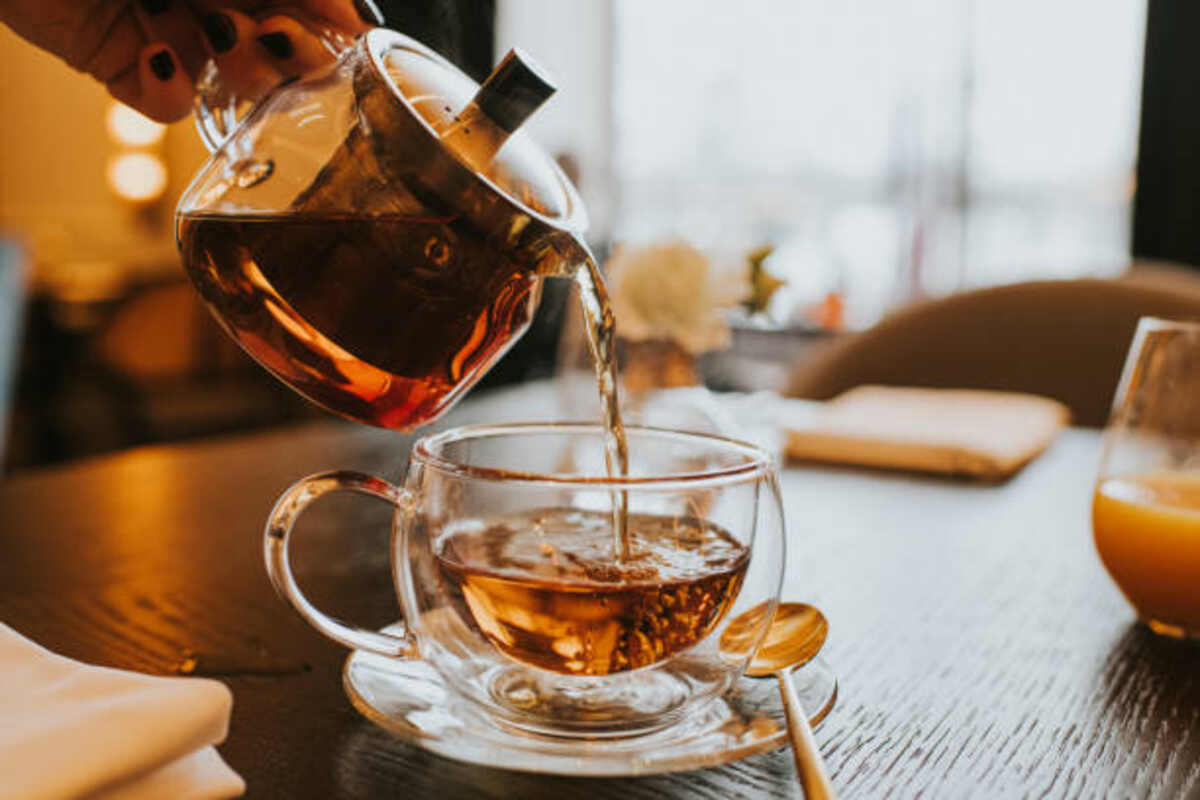The origin associated with Tea Leaves
Camellia Sinensis is the only plant type that produces tea leaves. Even though herbs and botanicals made with hot water aren’t theoretically tea, the term “tea” is frequently used to refer to them. Classic trees native to Myanmar, Thailand, Laos, and Vietnam’s north are tea vegetation. Most tea plants develop in Yunnan Province in Tiongkok and Nagaland in India. It is believed that green tea has been consumed for at least five hundred years. Before domesticated arranged agriculture, it was used as a medicinal herb and a veggie. There has been a long tradition regarding using tea leaves in beverages.
Exactly how is tea chemically constructed?
Thousands of years ago, withering as well as oxidation produced drinkable tea. . Refreshing tea leaves contain several volatile aromas and taste compounds, including polyphenols, proteins, enzymes, pigments, carbohydrates, and methylxanthines. The appearance, smell, along with taste of tea using these characteristics are pleasant. Right after being processed or created, a tea expects packaging or steeping.
Kinds of tea
Different types of tea are utilized in daily routines. A number of them are listed below;
- Hibiscus tea
- Green tea
- Bespoke tea
- Ceylon White tea
- Herbal herbal tea
How does tea benefit your wellbeing?
Worldwide, tea has been ingested for thousands of years. According to scientific research, many types of tea are associated with boosting the immune system, decreasing inflammation, and even fighting malignancy.
You will find different benefits of tea;
- Hibiscus tea helps to reduce high blood pressure. Additionally, hibiscus tea is helpful for diabetes patients with an alarming fat degree. You can buy hibiscus tea in tropical climates around the world.
- Because of its high antioxidant content, white-colored tea may be best for battling cancer. Since white tea leaf contains fluoride, catechins, and tannins, it will also benefit each tooth; it strengthens them, fends off plaque, and makes all of them more resistant to acids and sugars.
- The benefits of herbal green tea include pain relief, relaxation, and stress reduction. In addition, this increases excellent cholesterol while reducing bad cholesterol, tones up hair keeps skin healthful and relieves allergies.
- A higher concentration of flavonoids within green tea can reduce bad cholesterol and blood clotting, building up your heart health.
Read also: Delicious Omelet Recipes

